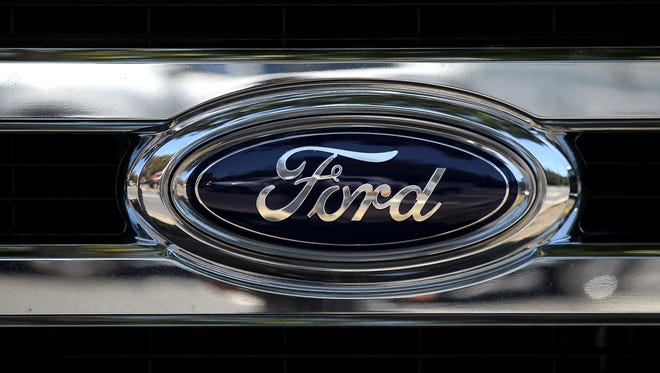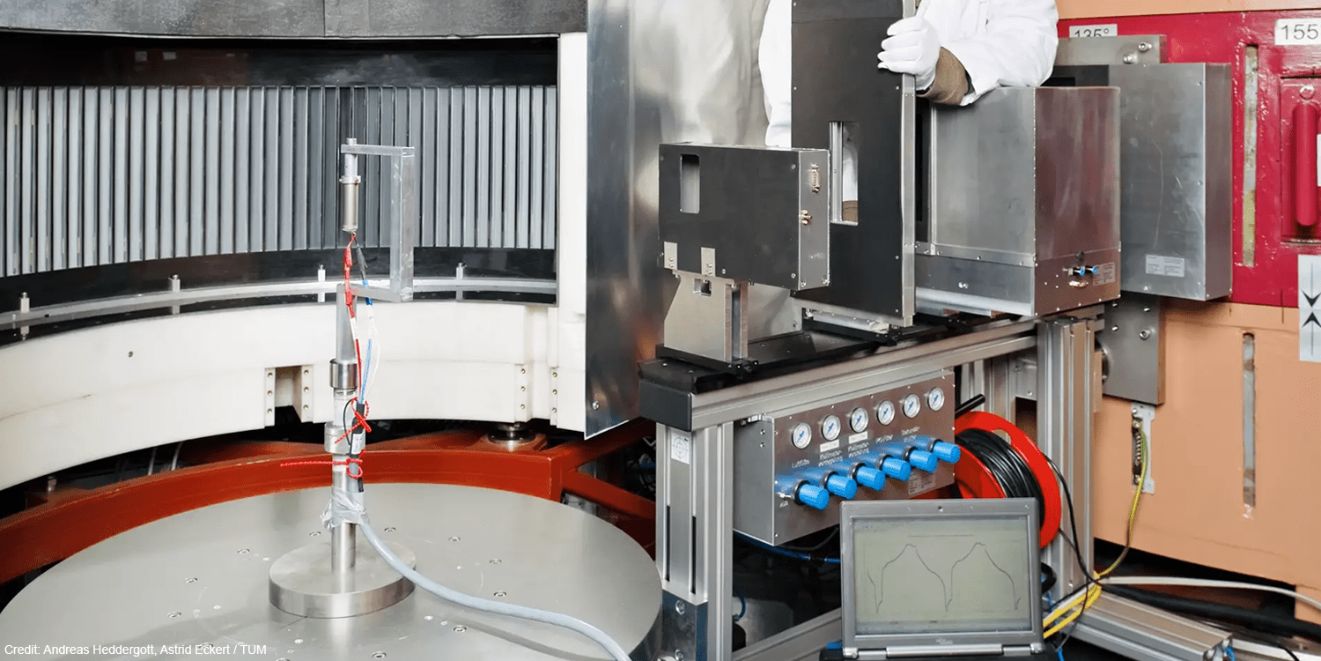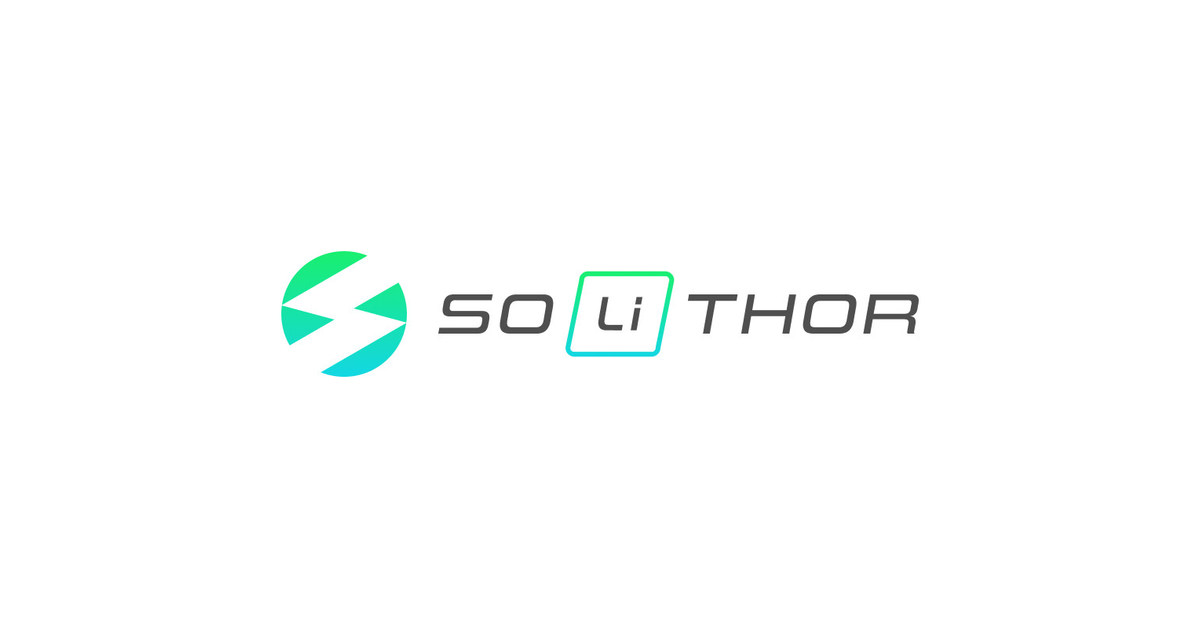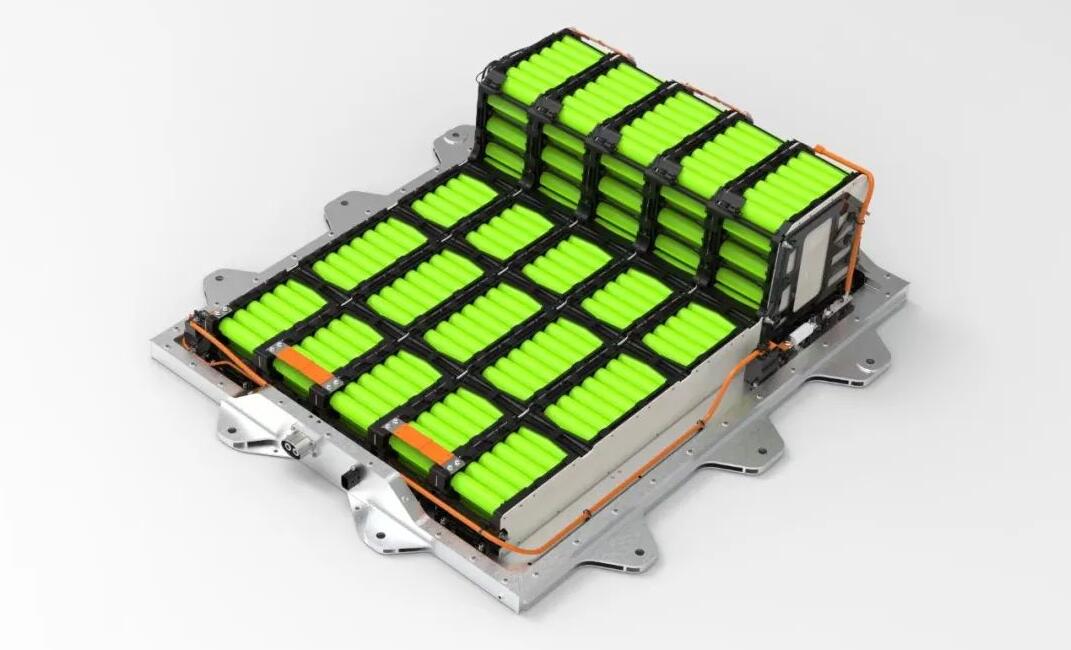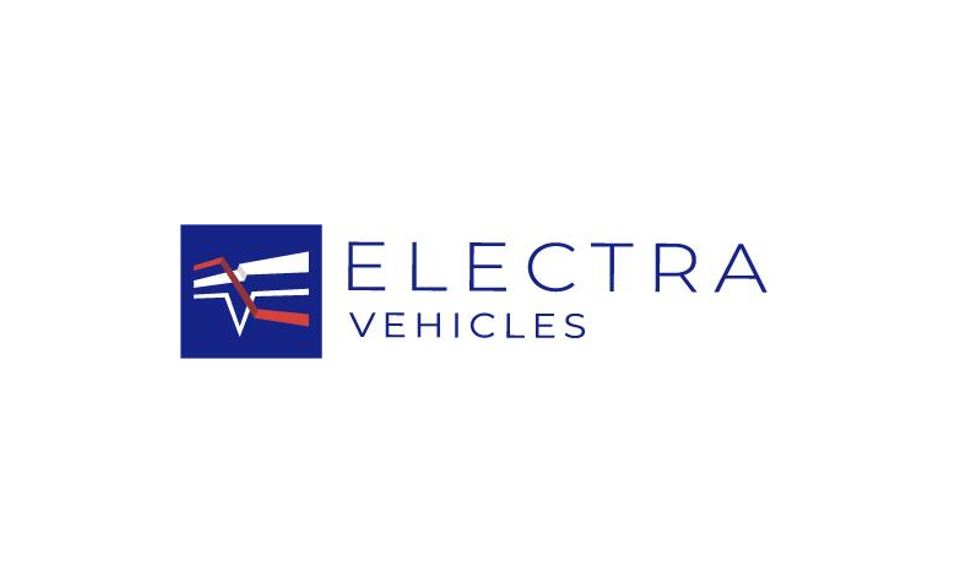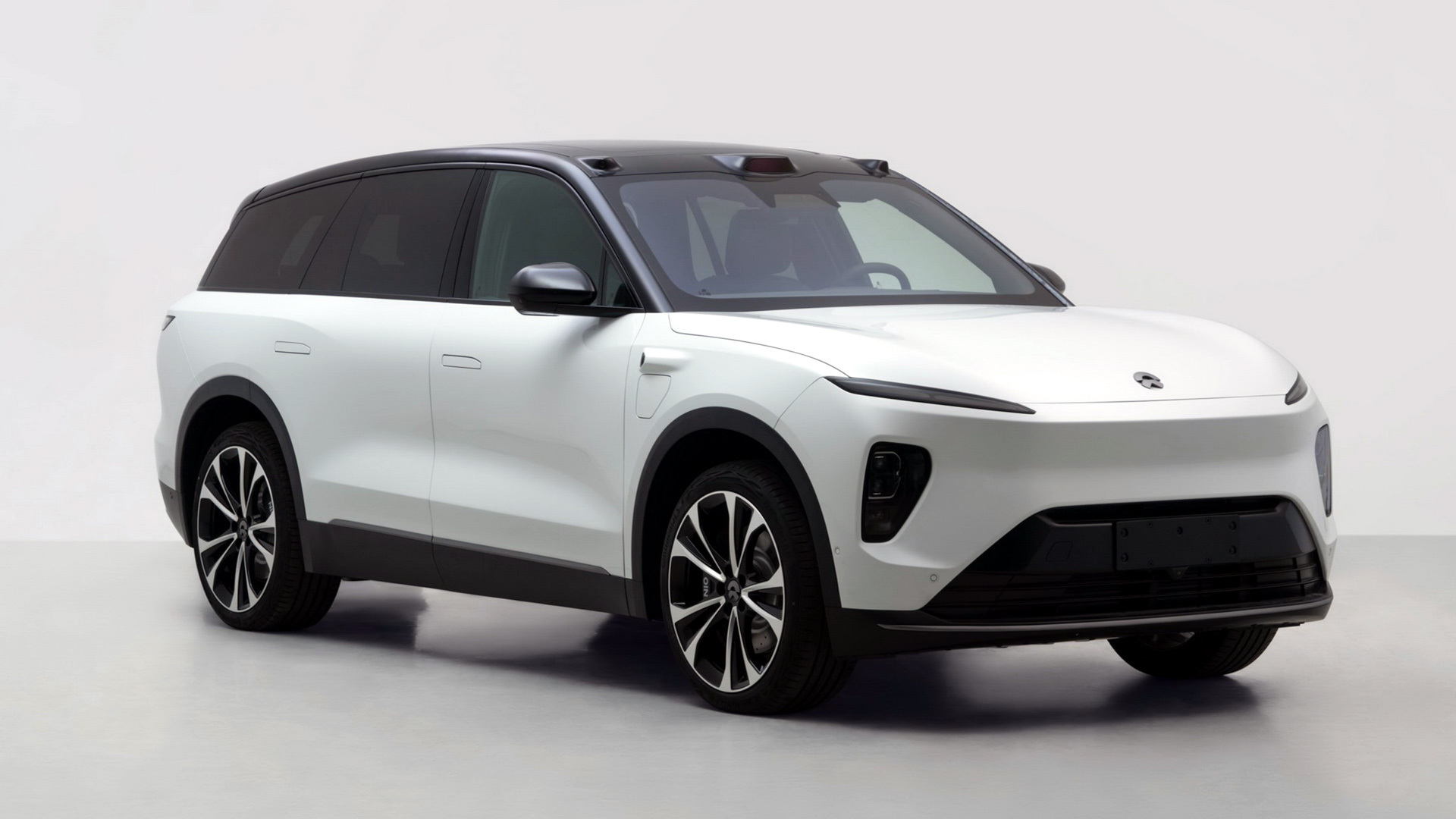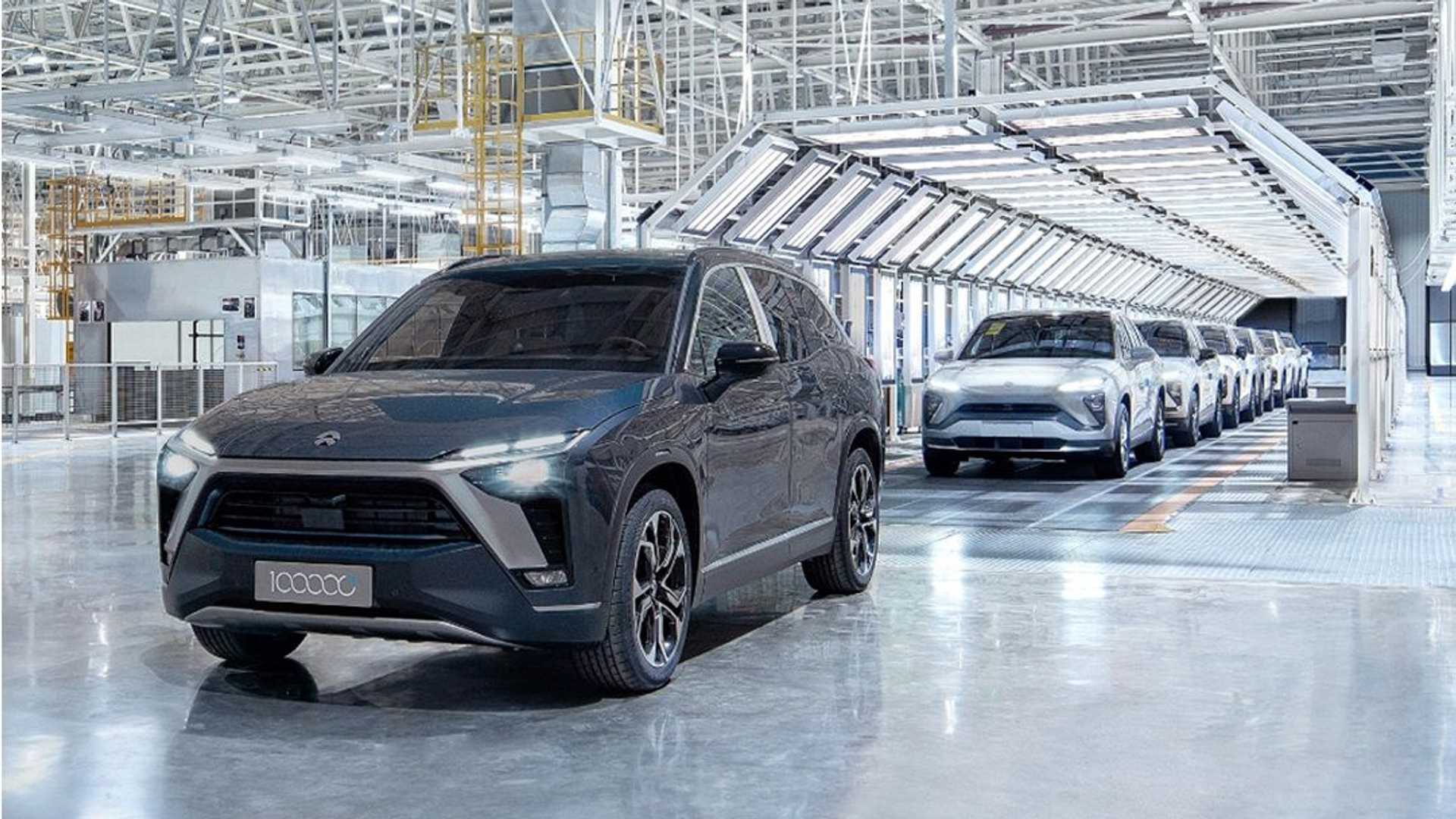Ford’s recent agreement with China’s CATL to construct a $3.5 billion battery factory in Michigan has raised concerns among senior Chinese officials. The deal could provide Ford with access to CATL’s cutting-edge technologies, resulting in an unfair advantage over its competitors. However, tensions between the US and China are already running high, and the Chinese government is now investigating the extent of Ford’s agreement with CATL, which is currently under review.
The Blue Oval Battery Park Michigan, set to begin production in 2026, will be the first battery factory in the US to produce lithium-ion phosphate batteries, providing Ford with a significant edge over its rivals.
However, the current review of the deal indicates that Chinese officials are concerned that Ford’s partnership with CATL may result in Chinese technology being used to produce these batteries. Given ongoing tensions between the two countries, Chinese officials fear that Ford’s deal with CATL may be detrimental to China’s interests.
Ironically, this deal comes at a time when the US is attempting to reduce its dependence on China for the production of electric vehicles. The Inflation Reduction Act requires that an EV be manufactured in the US to qualify for tax credits and that it contain a limited number of Chinese-linked parts. Ford’s deal with CATL, therefore, seems to go against the spirit of this legislation.
Despite these concerns, the new factory and LFP batteries are likely to benefit consumers by increasing the output of EV production and reducing costs. Ford remains unconcerned, stating that it is unaware of any outreach from Chinese officials on the matter. Nonetheless, some US politicians are expressing reservations. Senator Marco Rubio of Florida has called for the Biden administration to investigate the agreement further, arguing that “no federal funds should enrich PRC national champion CATL, or any other Beijing-supported company, directly or indirectly.”
See also: Ford-CATL Michigan Plant to Produce Batteries for 400K Electric Vehicles Annually
Governor Glenn Youngkin of Virginia has also rejected a proposal for the factory to be based in Pittsylvania County, expressing concern about the Chinese connection. However, the popularity of Ford’s F-150 Lightning and Mustang Mach-E models means that any disruption to the deal with CATL would be a significant blow to the automaker.

